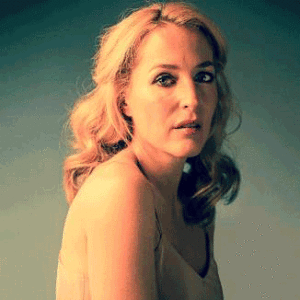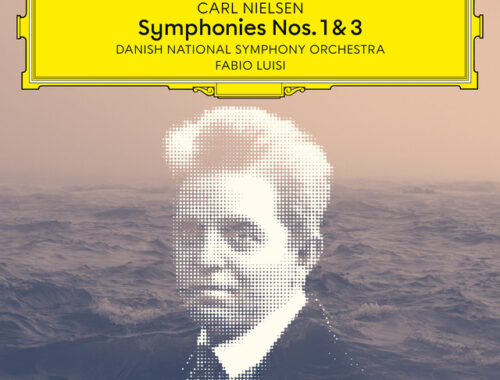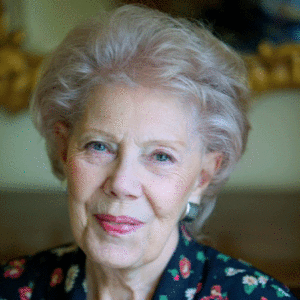TUESDAY 2ND FEBRUARY 2010 STAATSKAPELLE BERLIN/ BARENBOIM *****
Royal Festival Hall
The defining moment in Daniel Barenboim’s unforgettable Beethoven/ Schoenberg experience came from hearing Schoenberg’s exquisitely epigrammatic Five Orchestral Pieces transcend period and style to form a bridge between Beethoven’s Second and Fourth Piano Concertos. At that point in the series Barenboim’s purpose could not have been clearer and the line of succession between two kindred spirits was thrown into startling relief.
The beauty and concision of the slow movement of Beethoven’s Fourth Piano Concerto somehow felt and sounded that much newer when set alongside the astonishing distillations of the Schoenberg. Barenboim and his handsome mahogany-toned Staatskapelle Berlin were now at one with every inflection and sonority and even misgivings over the maestro playing and conducting the Beethoven (especially apparent in the “Emperor” concerto on the previous night) seemed to melt away in the loftiness of vision he brought to the Fourth Concerto.
And then came the Third in C minor and just when you were thinking that he was again conflicted and that the first movement felt a little low-key he arrived unassailably at the cadenza and in the final moments achieved such extraordinary shifts of colour in a series of protracted trills that suddenly you knew precisely why we should be in such awe of this man.
The slow movement was as close to perfection as we have any right to expect – a quiet nobility in the keyboard allied to such profundity of sound from the Berlin strings that even the Festival Hall acoustic felt warm and inviting. And what of that exchange between bassoon and flute? Might not Schoenberg have written it? He could certainly have written the piano’s strangely disembodied final utterance.
Only Barenboim would then have dared to programme Schoenberg’s notoriously “difficult” Variations for Orchestra Op.31 as the final piece of the series. Nobody left at the interval. Preceding the performance with an “illustrated talk” that was longer than the piece itself he probably did more for Schoenberg’s cause in twenty minutes than others have failed to do in almost a century. “What am I going to say about a piece that your parents and grandparents before them expressed a wish never to hear again?”
Actually what he said opened our ears to the elusive transformations of Schoenberg’s exquisitely half-remembered waltz theme and sharpened our perception of the work’s bejewelled textures in such a way that the complexity really did add to the beauty. It was an astonishingly virtuosic performance and just in case we didn’t leave whistling the theme, he and the orchestra played us a Strauss Polka.
You May Also Like

A Streetcar Named Desire, Young Vic
02/08/2014
GRAMOPHONE Review: Nielsen Symphonies 1 & 3, 4 & 5 – Danish National Symphony Orchestra/Luisi
27/02/2023